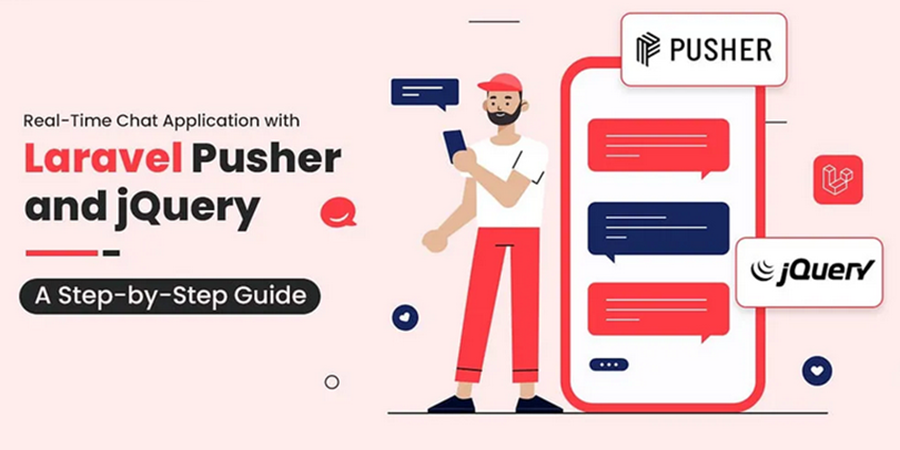In this tutorial, we will explore how to integrate ElevenLabs Text to Speech API into a Laravel application. The integration will enable your Laravel app to convert text into speech using ElevenLabs powerful API.
Table of Contents
1. Introduction
1.1 What is Text-to-Speech?
Text-to-Speech (TTS) is a technology that converts written text into spoken words. TTS has various applications, including accessibility features, voice assistants, and entertainment services.
1.2 Why use ElevenLabs API?
ElevenLabs provides a robust and developer-friendly TTS API. Using their API simplifies the integration process, allowing you to focus on building the application’s features rather than dealing with the complexities of speech synthesis.
1.3 Prerequisites
Before starting, ensure that you have the following:
- Basic knowledge of PHP and Laravel
- Composer installed
- An account on ElevenLabs to obtain an API key
- Text editor or integrated development environment (IDE)
2: Set Up Laravel Project
2.1 Installing Laravel
If you don’t have a Laravel project yet, use the Laravel installer to make a new project or start working in one that already exists.
Copy to Clipboard2.2 Creating a New Laravel Project
Navigate to the project directory:
Copy to Clipboard2.3 Configuration and Database Setup
Open the
.envfile and configure the database connection settings. Run migrations to create the necessary tables:Copy to Clipboard3. Designing the TTS Application
3.1 Planning the User Interface
Before diving into coding, plan the UI using HTML, CSS, and Laravel’s Blade templating engine. Consider creating a form for users to input text and select TTS options.
3.2 Creating Routes and Controllers
Define routes in the
web.phpfile and create a controller to handle TTS-related actions:Copy to ClipboardGenerate the controller:
Copy to Clipboard3.3 Blade Templates and Views
Create Blade templates for the views. For example,
resources/views/index.blade.phpfor the main page andresources/views/result.blade.phpfor displaying TTS results.Copy to Clipboard4. Integrating ElevenLabs API
4.1 Registering for an API Key
ign up for an account on the ElevenLabs Text to Speech API platform. Once you have an account, obtain the necessary API credentials for authentication. Access your .env file and replace the placeholder “YOUR_API_KEY” with your real API key obtained from ElevenLabs.
Copy to Clipboard4.2 Installing Guzzle for HTTP Requests
Guzzle is a popular HTTP client for PHP. Install it via Composer:
Copy to Clipboard4.3 Creating a Service for API Integration
Generate a service class to encapsulate the API integration logic:
Copy to ClipboardIn the service class, use Guzzle to make requests to the ElevenLabs API using the obtained API key.
Copy to Clipboard5. Building the Text-to-Speech Functionality
5.1 Setting Up the Form
Enhance the form in
index.blade.phpto include options for language and voice selection.Copy to Clipboard5.2 Handling Form Submissions
In the
TextToSpeechController, handle form submissions and call the ElevenLabsService for TTS conversion.Copy to Clipboard5.3 Making API Requests for Text-to-Speech
Implement the API request logic in the
ElevenLabsServiceclass. Use Guzzle to send a POST request to the ElevenLabs API endpoint.Copy to Clipboard5.4 Storing Audio Files
Optionally, you can store audio files locally or on cloud storage for future use. Modify the
convertmethod in the controller accordingly.6. Enhancing the Application
6.1 User Authentication
Implement user authentication to allow users to save their TTS requests, access history, and manage their audio files.
6.2 Managing Audio Files
Create functionality to manage and organize audio files, such as deleting or downloading them.
6.3 Adding Language and Voice Selection
Dynamically populate language and voice options based on the available options from ElevenLabs API.
6.4 Implementing Caching for Improved Performance
Implement caching mechanisms to store frequently requested TTS results and reduce the number of API requests.








Leave A Comment